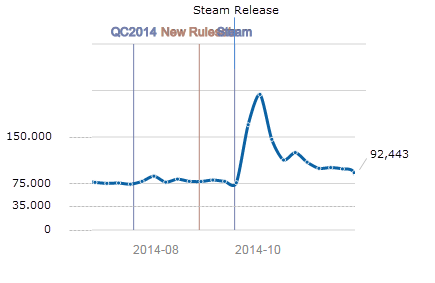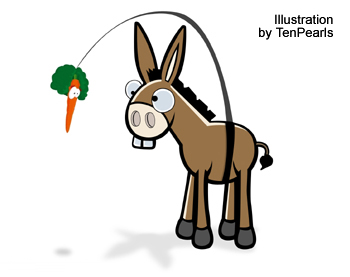Edited by hughjaas at 11:26 CST, 25 November 2014 - 91368 Hits

Scheduled Listings
Latest Threads
Latest Comments
- News Quake Live Duel Tournament | April 2-5, 2026 | Switzerland (0)
- News CArNaG3 Cup #1 - South Africa (0)
- Movie Fragged by vig1lante vol. 2 (1)
- News QL LAN Stuttgart 2025 (25)
- Movie The e-WHOlution (14)
Latest Forum Threads
Latest Journals
- Map of Quake Live Servers (30) by Danmer
- we meat again (1164) by aggnog
- WolfcamQL Complete Tutorial (25) by earth
- You probably do not understand (15) by stpbozin
- Some (old) thoughts on QL (137) by czm
Hot Topics


 Yakumo:
Yakumo:



 Just go for it!
Just go for it!